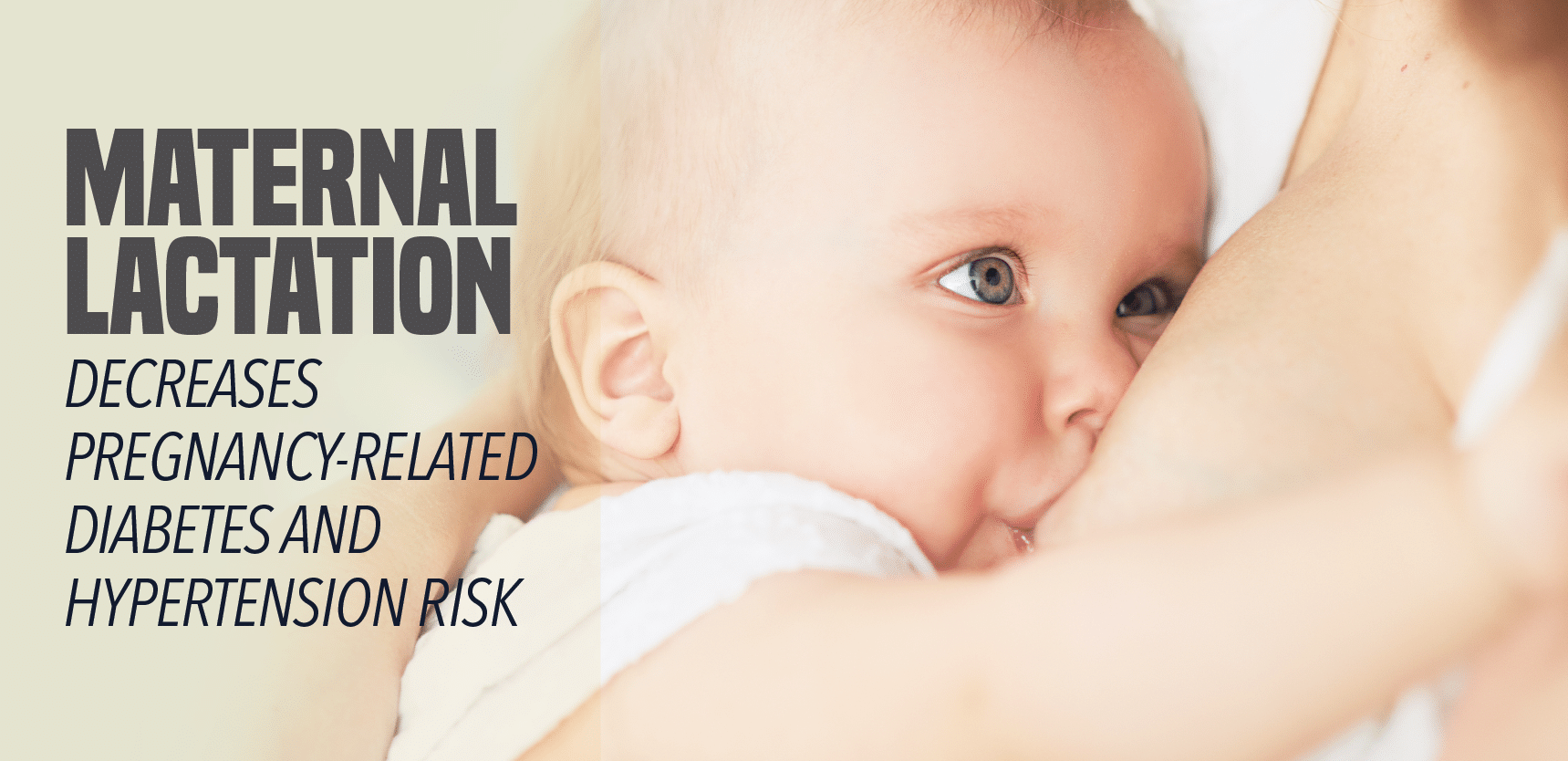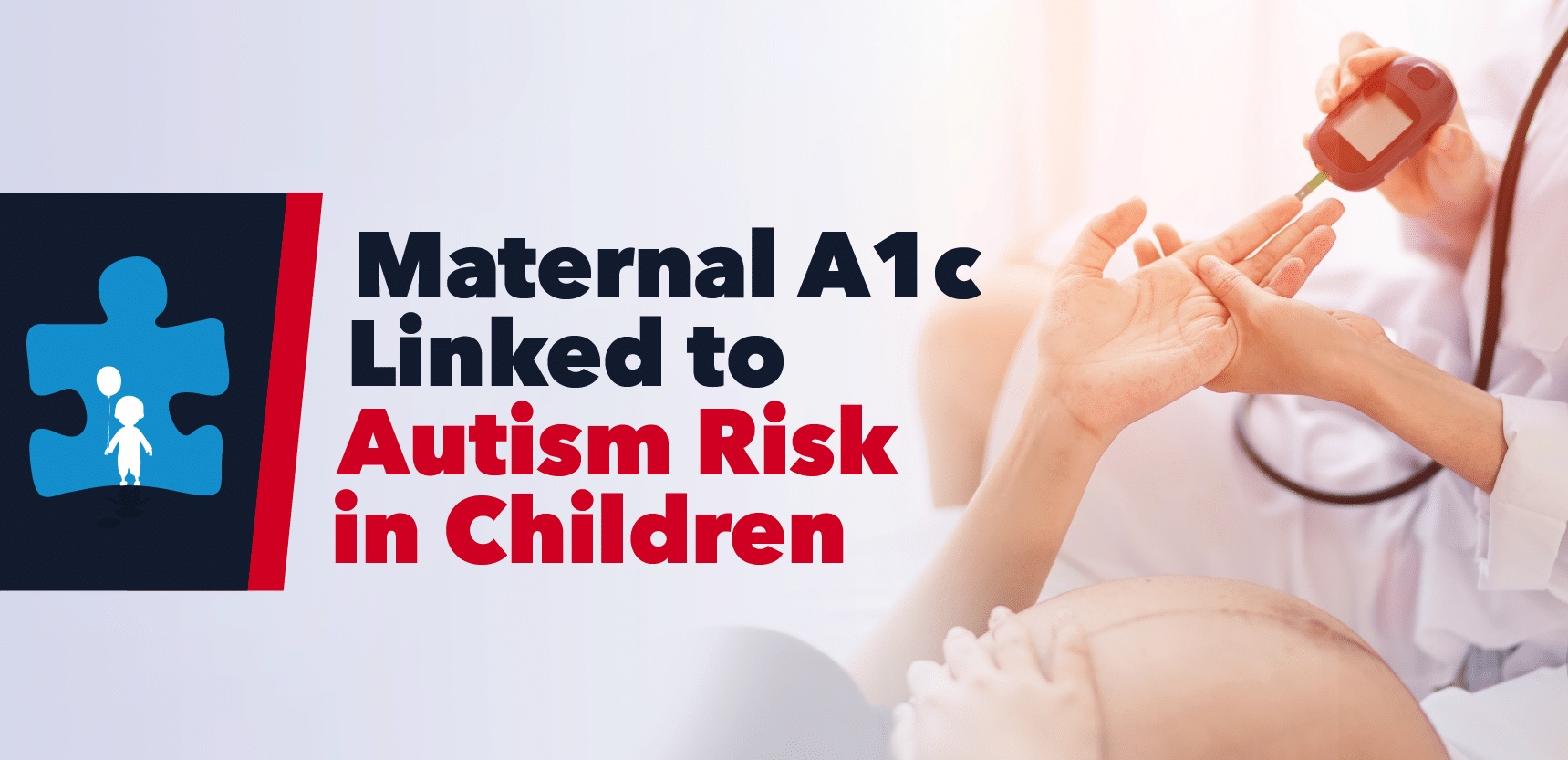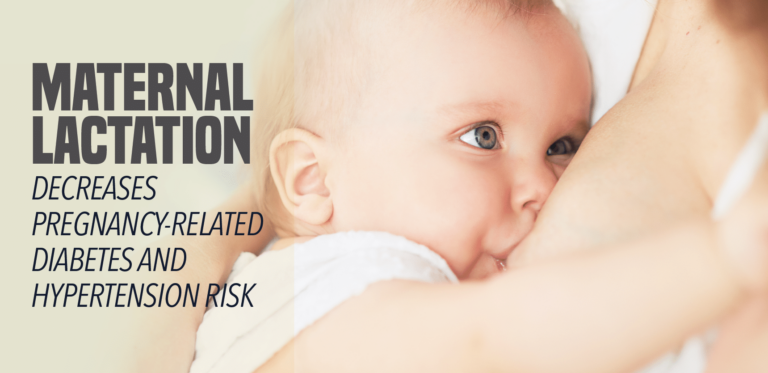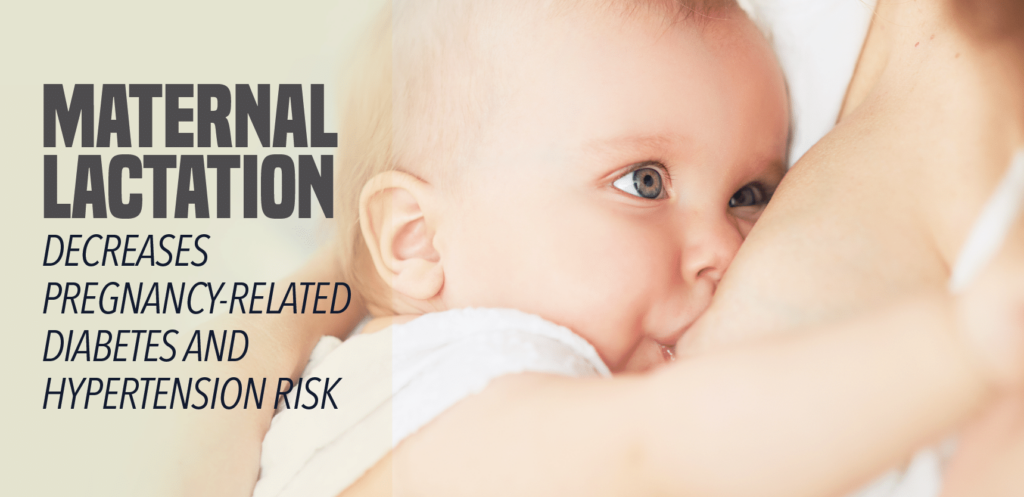Social determinants of health (SDOH) independently impact post-heart transplant outcomes among Black children, but not White children, according to the results of a study presented at the American Heart Association (AHA) Scientific Sessions 2022, held from November 5th through 7th, in Chicago, Illinois.
Recognizing that although traditional registry-based analyses have indicated that Black children experience worse post-heart transplant outcomes than their white counterparts, researchers sought to evaluate whether such differences persist after accounting for SDOH. All children from the Pediatric Heart Transplant Society (PHTS) database who had received a heart transplant in the United States between January 2010 and December 2020 were included in the analysis.
A pediatric-specific community risk score was created for each transplant recipient with the utilization of recipient zip codes from PHTS and the Scientific Registry of Transplant Recipients databases. Lower-risk communities (quartiles 1 and 2) were labeled “prosperous”communities, whereas higher-risk communities (quartiles 3 and 4) were labeled “distressed” communities. The impact of community risk and self-identified race on post-heart transplant rejection, cardiac allograft vasculopathy (CAV), and graft loss were assessed both unadjusted and following adjustments for donor and recipient factors.
Results of the study showed that among 3680 children who received a heart transplant, 51.9% of them resided in prosperous communities and 48.1% of them resided in distressed communities. Based on unadjusted analysis, Black children from distressed communities experienced higher rates of rejection (P =.0013), CAV (P =.0011), and graft loss (P <.0001) than White children.
Per multivariable adjusted analysis, Black children from distressed communities experienced increased rejection (hazard ratio [HR], 1.33; 95% CI, 1.03-1.71), CAV (HR, 2.06; 95% CI, 1.21-3.51), and graft loss (HR, 1.66; 95% CI, 1.12-2.46), whereas White children did not experience increased rejection (HR, 0.99; 95% CI, 0.86-1.14), CAV (HR, 0.95; 95% CI, 0.69-1.32), or graft loss (HR, 1.17; 95% CI, 0.92-1.48).
“…SDOH independently affects post-HT [heart transplant] outcomes for Black, but not white, children,” the study authors wrote. “More studies will be necessary to identify the root causes to be able to address these racial disparities.”
Disclosure: One of the study authors has declared affiliations with biotech, pharmaceutical, and/or device companies.















